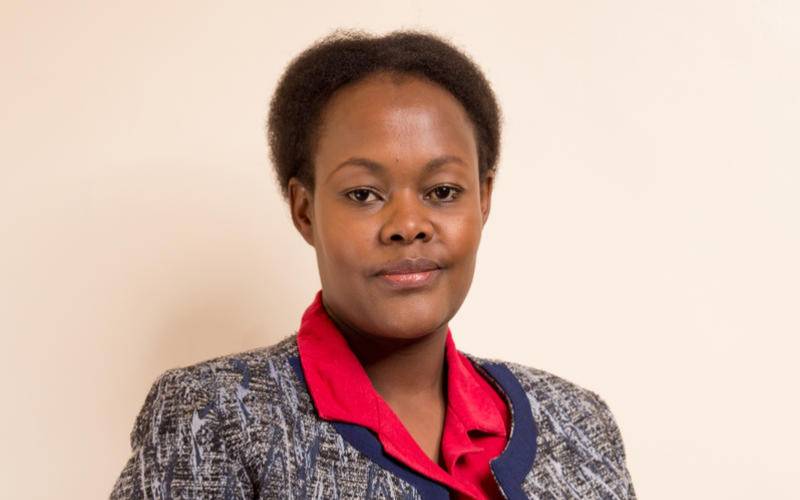
While taking pharmacy at the University of Nairobi, Dr Daniella Munene almost took a detour from her studies to become a professional model.
Being tall, colleagues encouraged her to audition after seeing posters near campus.
The judges looked at her and thought she had to lose two inches everywhere, she recalls.
 The Standard Group Plc is a multi-media organization with investments in media
platforms spanning newspaper print
operations, television, radio broadcasting, digital and online services. The
Standard Group is recognized as a
leading multi-media house in Kenya with a key influence in matters of national
and international interest.
The Standard Group Plc is a multi-media organization with investments in media
platforms spanning newspaper print
operations, television, radio broadcasting, digital and online services. The
Standard Group is recognized as a
leading multi-media house in Kenya with a key influence in matters of national
and international interest.











